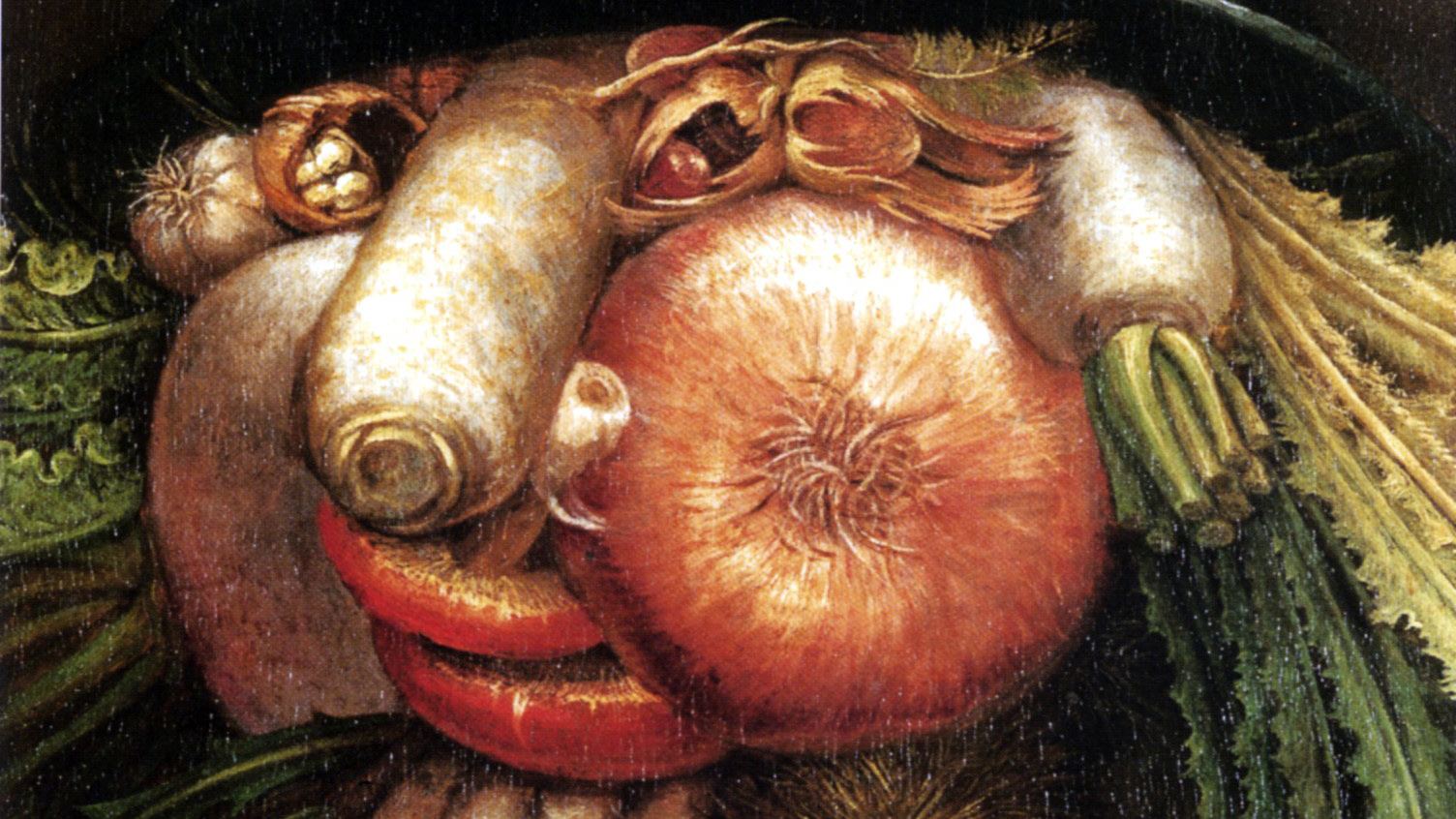
 Polyphenols are a class of phytochemicals; it is the generic term for several thousand plant-based molecules that may have antioxidant properties as well as other bioactive physiological mechanisms. Polyphenols consist of different phenolic compound subclasses that include flavonoids, phenolic acids, stilbenes and lignans.
Polyphenols are a class of phytochemicals; it is the generic term for several thousand plant-based molecules that may have antioxidant properties as well as other bioactive physiological mechanisms. Polyphenols consist of different phenolic compound subclasses that include flavonoids, phenolic acids, stilbenes and lignans.
Nasira Burkholder-Cooley, RD, DrPH, a recent alum from the doctoral nutrition program at Loma Linda University School of Public Health (LLUSPH), used the Adventist Health Study cohort to compare polyphenol intakes across dietary patterns and food sources. This is the first study to assess intake of polyphenols by dietary pattern and food source among a large North American population. Previous studies were conducted in European cohorts or focused on the flavonoid subclass of polyphenols.
“Polyphenols, in addition to the vitamins, minerals, and fiber found in most plant foods, may prove to be an important component of plant-based diets that contribute to disease prevention,” said Nasira. “While studies are ongoing regarding the effects of polyphenols on human health, current research is promising and indicates antioxidant, anti-cancer, and anti-inflammatory effects of dietary polyphenols.
The study Nasira conducted with LLUSPH faculty, analyzed 77,441 participants from the Adventist Health Study-2 (AHS-2), a cohort representing a wide range of dietary patterns; 8% are vegan, 28% lacto-ovo-vegetarian, 16% semi- or pesco-vegetarian and 48% are non-vegetarian.
The results showed that coffee represented an important source of polyphenols, due to its high concentration of phenolic acids. They found that among non-coffee drinkers, vegans reported the highest intake of total polyphenols followed by pesco-vegetarians, lacto-ovo vegetarians, semi-vegetarians and non-vegetarians. However, the results were slightly different for coffee drinkers, a sub-group of mostly non-vegetarians. In coffee drinkers, non-vegetarians reported the highest intake of polyphenols followed by vegans, semi-vegetarians, pesco-vegetarians and lacto-ovo vegetarians.
“Polyphenols have substantial potential to benefit human health, with numerous possible mechanisms of action in human physiology. These compounds also happen to be abundant in a variety foods, many of which are popular in American diets, such as berries, apples, whole wheat, green tea, coffee, and some seeds,” commented Nasira.
Across all dietary patterns, the study found that non-coffee consumers obtained higher levels of flavonoids than coffee consumers. The subclass of flavonoids represented 69% of total polyphenol intake in non-coffee drinkers and 21% of the total for coffee drinkers. Conversely, phenolic acid intake was higher in coffee consumers compared with non-coffee consumers contributing to a mean phenolic acid intake of non-vegetarian coffee consumers higher than that of all vegetarian dietary patterns.
Certain foods are concentrated sources of a particular class of polyphenols. For example, fruits and vegetables are good sources of flavonoids, whereas coffee and whole grains contain particularly high concentrations of phenolic acids. (Burkholder-Cooley 2016).
“Fortunately, polyphenols are widespread in foods, so supplementation is not necessary, and the presence of polyphenols in plant foods is yet another reason to consume a variety of plant foods regularly,” said Nasira. “[In the future] we are interested in exploring the relationship between polyphenol intake and cardiovascular disease risk or polyphenol intake and memory/cognition.”
The paper, “Comparison of polyphenol intakes according to distinct dietary patterns and food sources in the Adventist Health Study-2 cohort” is published in the British Journal of Nutrition and can be read online at https://www.ncbi.nlm.nih.gov/pubmed/27080936.
